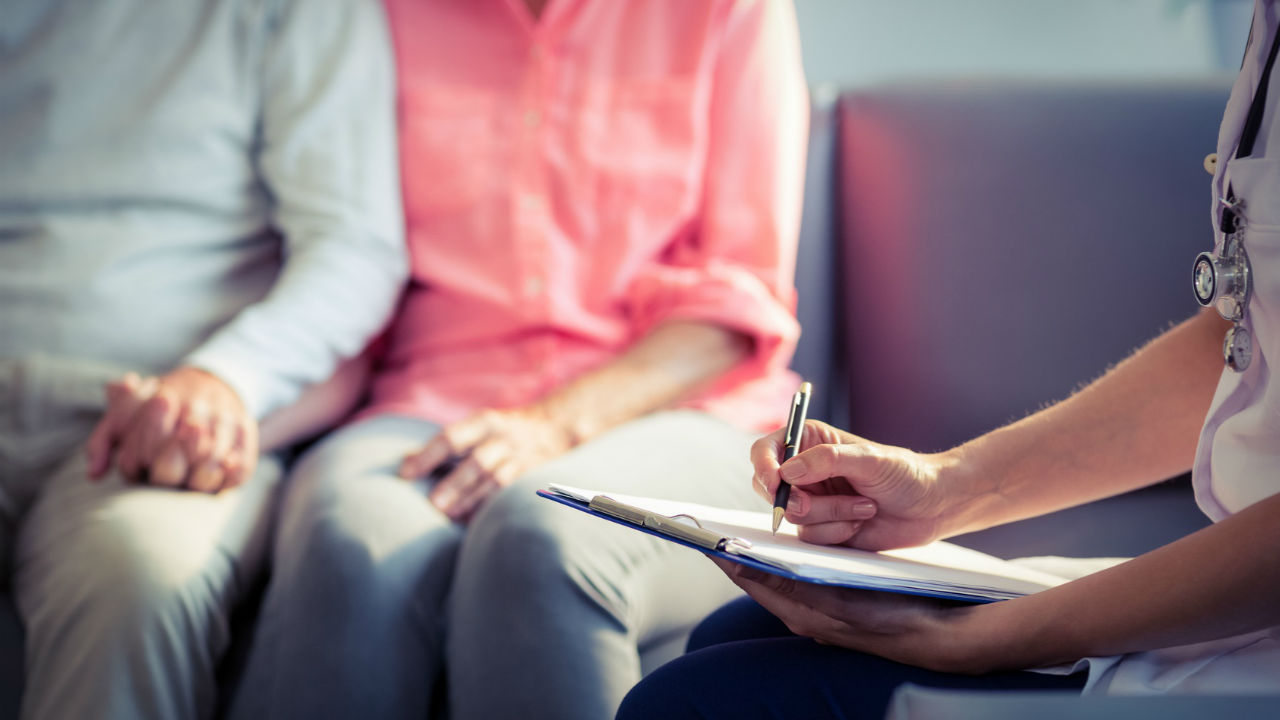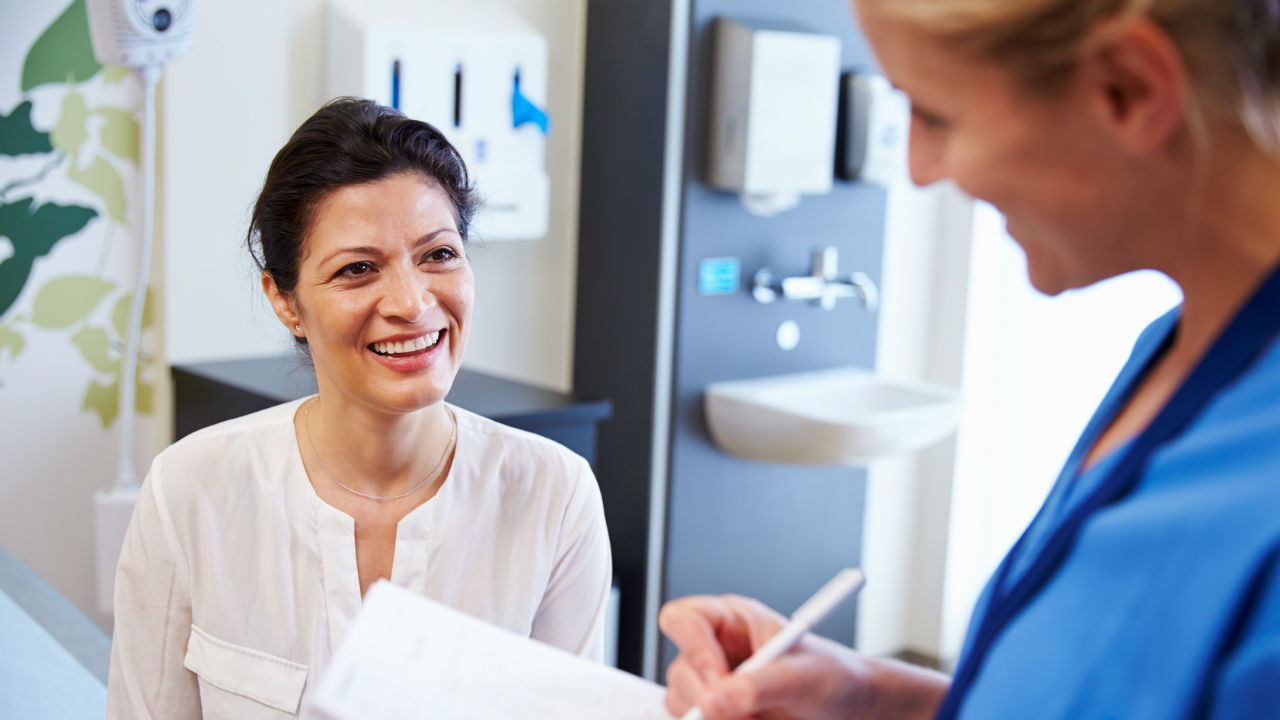I have recently had blood work done in order to start the sottopelle pellets. I am low in testosterone at a level 22 but my progesterone and estrogen were normal. After all of the comments I have read on this site about negative side affects and problems women have encountered I have decided to wait on the pellets. I am going to try the estrogen/testosterone cream and take a 100 mg. progesterone pill. I am still worried about taking any hormone therapy because of the negative side effects. I do not want my hair to fall out worse than it is already.
Can you tell me is there anything natural that works to prevent hair from falling out? I have read online and the doctor told me that saw palmetto with pygeum will help block DHT which causes hair loss. I have spent so much money on hair vitamins that haven't worked. Also I need something that will help me fall asleep and sleep through the night without having to drug myself up. Melatonin does not work for me anymore. I have used it for so long. The progesterone knocks me out, but if it has negative side effects I do not want to continue it. I have taken so many doctor prescribed drugs that just drug me up so bad that the next morning I still feel tired and feel like they are still in my system. If anyone has any suggestions I would greatly appreciate it. I am a teacher and affect young lives. I need to be rested and bright in the mornings for my students and my own children.
All user-generated information on this site is the opinion of its author only and is not a substitute for medical advice or treatment for any medical conditions. Members and guests are responsible for their own posts and the potential consequences of those posts detailed in our Terms of Service.




Add a Comment1 Comments
Hello sunshinegirl23,
Fluctuations in hormone levels are the culprit in hair loss during perimenopause.
Alan J. Bauman wrote in HUFFPOST HEALTHY LIVING, "...hormone replacement alone does not seem to radically alter a woman's "follicular fate," and can even sometimes make matters worse.
He suggests, "Hair restoration physicians may recommend both pharmaceutical and lifestyle changes to women experiencing menopause-related hair-loss problems. Medical treatments that will help mitigate hair loss include a specially compounded prescription minoxidil solution, platelet-rich plasma injections (PRP, also called the "vampire hair growth treatment"), prostaglandin analogs, low-level laser therapy, off-label finasteride (for post-menopausal women only) and nutritional supplements. The best strategy is to use a multi-therapy approach and routine follow ups for tracking purposes to see what's working.
Here are a few natural sleep solutions:
Sipping warm milk before bed. Almond milk is an excellent source of calcium, which helps the brain make melatonin.
Have a bedtime snack. The best sleep-inducing foods include a combination of protein and carbohydrates.
Add magnesium to your diet. Magnesium apparently plays a key role with sleep. Research has shown that even a marginal lack of it can prevent the brain from settling down at night. You can get magnesium from food. Good sources include green leafy vegetables, wheat germ, pumpkin seeds, and almonds. Check with your doctor before taking magnesium supplements. Magnesium can interact with many different medications, and too much of it can cause serious health issues.
Hope this is helpful,
July 22, 2014 - 4:31pmMaryann
This Comment